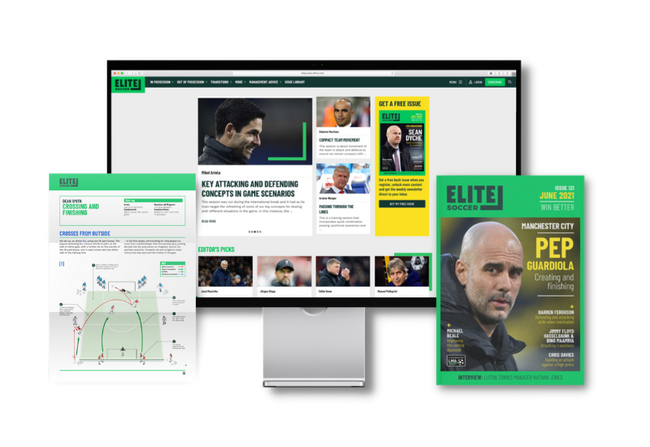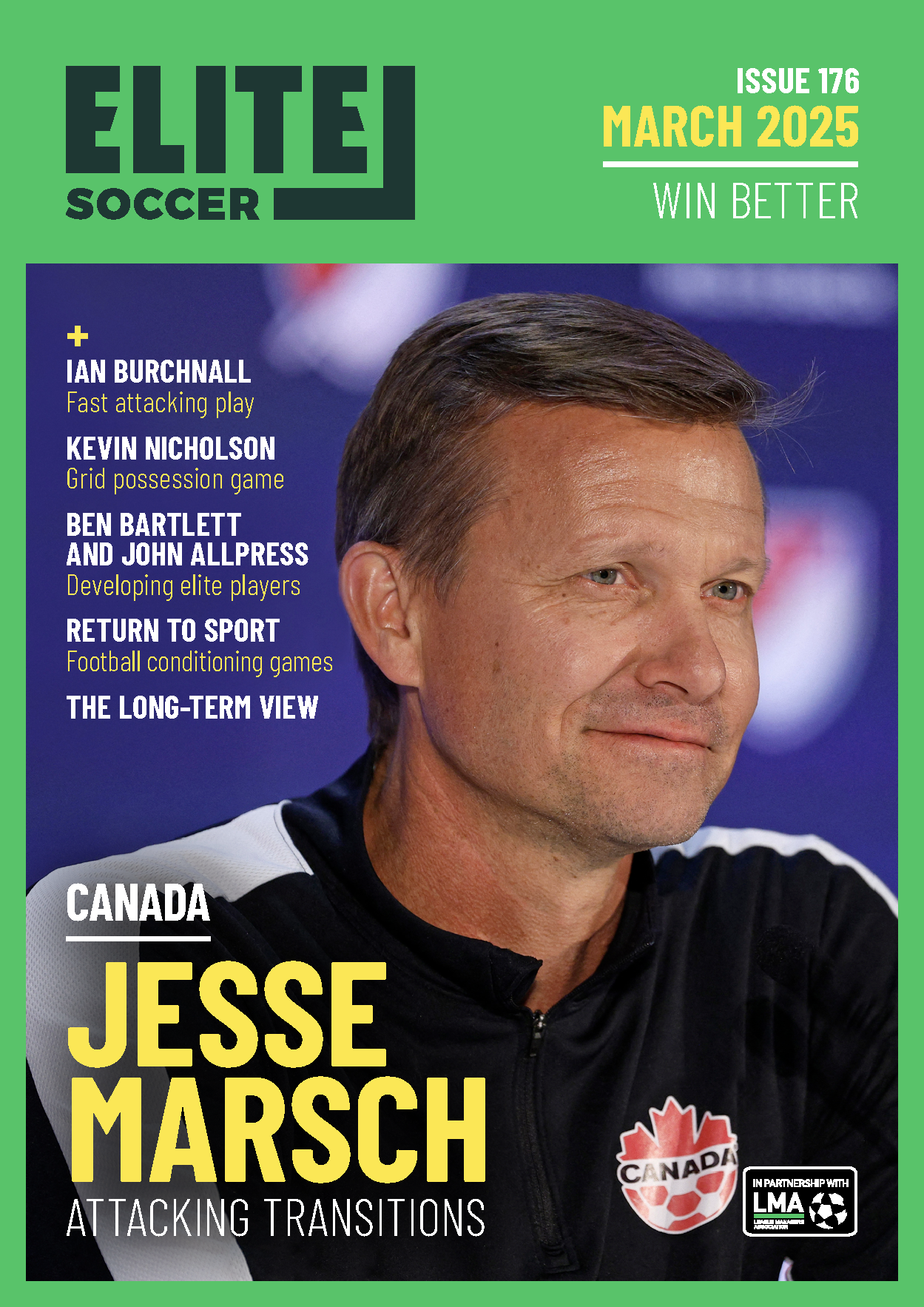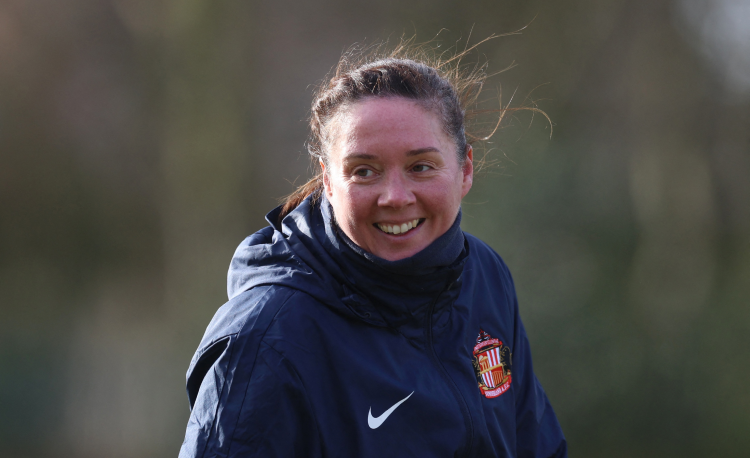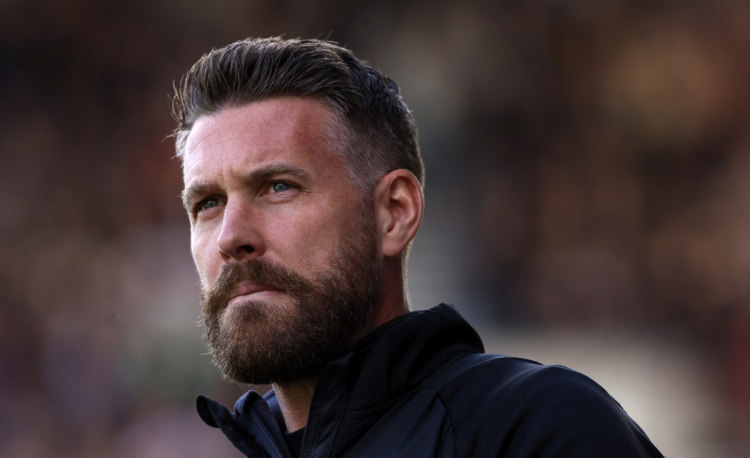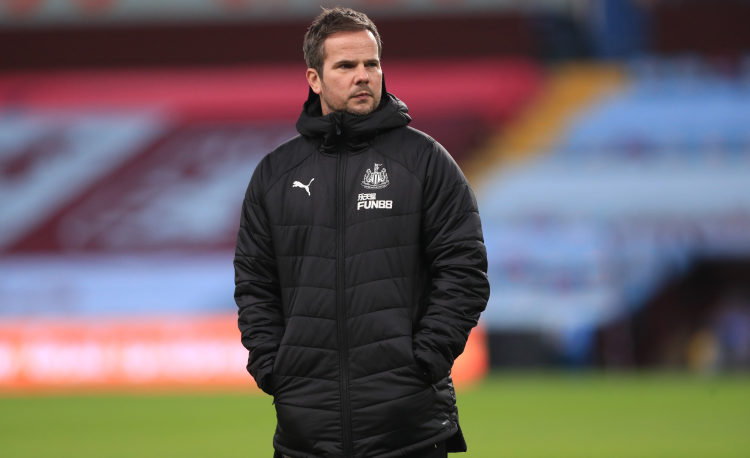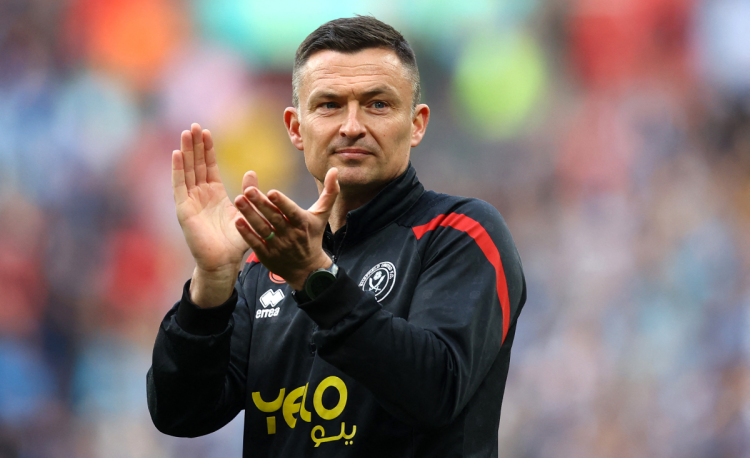Conveying Your Brand of Football

A candidate for Barclays Premier League Manager of the Season, Newcastle United boss Alan Pardew has brought the good times back to St. James’s Park. Here, he shares his philosophy with the League Managers Association.
Newcastle United have a clearly defined five-year vision which they have made public. How beneficial is it for you as manager to have that transparency?
“I do think that the clarity of the budget is important. Some fans may not be entirely happy with the amount we have to spend but at least they know the big picture. When you look at the world economy and where football is at the moment we are seeing really tough times. We’ve seen in examples of Portsmouth and Rangers the fact that if you overstretch you are going to find yourself in serious trouble, and you are putting the club’s future at risk. At Newcastle we’ve got a good foundation and a good financial model and now the question is whether we can bring success within that model. That’s the challenge that I accepted when I joined the club and so far we are doing well, and can hopefully continue to grow as we go along.”
A lot of clubs suffer from ‘second season syndrome’ after promotion to the Barclays Premier League. How have Newcastle United avoided that?
“I experienced ‘second season syndrome’ at West Ham. The first season we had a fantastic time and even came close to beating Liverpool in the FA Cup Final. I went into the second season with almost the same group of players and we didn’t improve the areas that I thought were problematic. Essentially I believe that you need to make some changes after that first year; if you can you should because the players can suddenly feel that they are Premier League players and you can often see the work rate and commitment go down by five or 10 per cent, which is enough at this level to cause you problems.”
At Reading you made it clear that you wanted to deliver a mantra of ‘team, flair, spirit’, and when you joined Newcastle you said you’d bring ‘drive, desire and commitment’. How important is it for a manager to clearly define his brand of management?
“If you are going to put yourself in line for any job as a professional football manager it’s important you put down the foundations of what you represent - what you will and won’t accept from the Board, your players and your staff. If I was a chairman, I think I’d want to hear that type of clarity coming from my manager from the outset.
“If there’s any advice that I would give a young manager or coach it would be to get the clarity of their vision and ability across from the start. You must convey clearly and concisely the brand of football that you want to play and how you are going to achieve it. My brand of football has always been the same - to try and win the game whatever the odds, within the tactical game plan that we have. This is usually on the front foot and making it very, very difficult for the opponents.”
Who would you identify as mentors to you; those who helped shaped you as a manager?
“Steve Coppell was probably the most influential, because in my formative professional years he was my manager so he subconsciously moulded a lot of things that are in me. The person who really got me into coaching and management in terms of looking at it professionally was Keith Peacock at Charlton, who was Alan Curbishley’s right-hand man for a long while and father of Gavin Peacock, who played for Newcastle United. I used to have long discussions with him about managing and coaches. Players influence you, coaches influence you, and people you watch on the TV influence you. I like to find out things continually about football techniques, methods, and sports science, and make sure that I’m not falling behind in any way. So you have to be very open-minded as a manager. It’s an ongoing process of self-development and if you stop thinking that you can learn then you are in big trouble.”
Editor's Picks
Attacking transitions
Deep runs in the final third
Using the goalkeeper in build-up play
Intensive boxes drill with goals
Penetrating the final third
Creating and finishing
My philosophy
Pressing initiation
Compact team movement
Coaches' Testimonials

Alan Pardew

Arsène Wenger

Brendan Rodgers

Carlos Carvalhal

José Mourinho

Jürgen Klopp

Pep Guardiola

Roy Hodgson

Sir Alex Ferguson

Steven Gerrard
Coaches' Testimonials

Gerald Kearney, Downtown Las Vegas Soccer Club

Paul Butler, Florida, USA

Rick Shields, Springboro, USA

Tony Green, Pierrefonds Titans, Quebec, Canada
Join the world's leading coaches and managers and discover for yourself one of the best kept secrets in coaching. No other training tool on the planet is written or read by the calibre of names you’ll find in Elite Soccer.
In a recent survey 92% of subscribers said Elite Soccer makes them more confident, 89% said it makes them a more effective coach and 91% said it makes them more inspired.
Get Monthly Inspiration
All the latest techniques and approaches
Since 2010 Elite Soccer has given subscribers exclusive insight into the training ground practices of the world’s best coaches. Published in partnership with the League Managers Association we have unparalleled access to the leading lights in the English leagues, as well as a host of international managers.
Elite Soccer exclusively features sessions written by the coaches themselves. There are no observed sessions and no sessions “in the style of”, just first-hand advice delivered direct to you from the coach.
